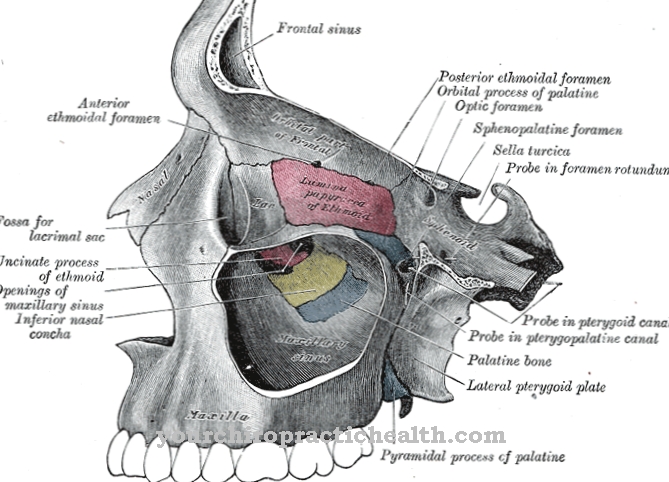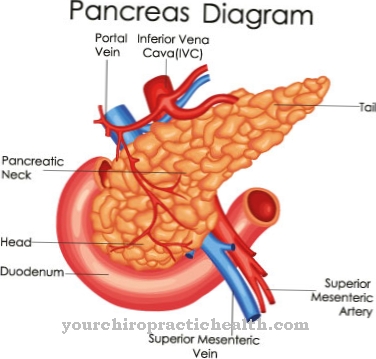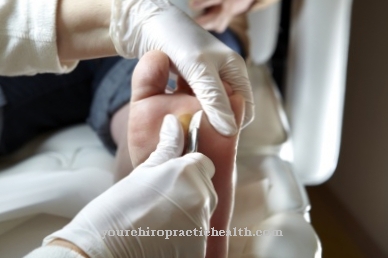Curative educator support people with disabilities in their participation in social life in the outpatient or inpatient sector. They act as partners and caregivers for them and their relatives as well as for other contact persons. The main focus of curative education is helping to shape everyday life and relationships with other people.
What is curative education care?

Depending on the type of disability, curative educators are engaged in different areas. Areas of responsibility can be working with mentally ill, mentally handicapped, physically disabled or addicts. Those affected often have multiple disabilities. The focus is on recognizing and activating existing resources and skills as well as the necessary supportive help in coping with everyday life and interpersonal relationships.
The aim is as independent and self-determined a way of life as possible. Pedagogical and nursing aspects are linked. The professional group is trained to recognize and promote the needs and skills of people with disabilities. In the ideal case, this results in care that respects the personality of the person concerned and their dignity and accompanies them appropriately. Curative educators are part of a competence network consisting of doctors, therapists, etc. and work on an interdisciplinary basis.
Care, lifelong support, assistance, pedagogy and advice are the core competencies. There are no uniform regulations for this profession nationwide. That is why there are different terms: A distinction is made between educator (curative education), curative educator and nurse - curative education.
Treatments & therapies
The curative education care is a very differentiated occupation, since the focus is on people with disabilities in their entirety. The range of treatments is correspondingly wide. Depending on the degree of disability, pedagogical or nursing aspects are in the foreground. In the case of severely disabled or bedridden disabled people, the focus is on physical hygiene and appropriate clothing.
Disabled people with more developed skills are supported to run a household independently. If behavior disorders are part of the medical diagnosis, these are reduced as far as possible through individual care. The same applies to other mental ill-disposed dispositions. It is incumbent on curative educators, as caregivers, to correct these in everyday dealings as far as possible and to steer them in healthier paths. Depending on the severity of the disabilities, curative educators also help with the integration into the second or first labor market (inclusion), if the available resources of those affected allow this.
The aim of all these measures is to enable people with disabilities to lead a meaningful and as self-determined life as possible in dignity. It is important to create an atmosphere of security. Since disabilities can affect completely different areas (psychological, physical, mental, disabilities as a result of addiction problems) and often occur in combination, the field of activity is very broad. This is why curative educators work in different areas: in special dormitories for disabled people, in sheltered workshops, in the outpatient sector (support for people with disabilities who can largely live independently), in psychiatric facilities, in integrative kindergartens, in retirement homes, etc.
For this reason, the exact area of responsibility depends on the specific problem at hand. The core task, however, is always to support people with disabilities throughout their lives. Due to this complexity, training to become a curative nurse is very comprehensive and can take up to five years, depending on the federal state. In other European countries, these are even academic courses, since medical, psychological, psychiatric, nursing and other aspects must be taken into account.
Diagnosis & examination methods
It is not the responsibility of curative education care to make medical diagnoses or to carry out medical examinations. However, they are closely involved in the treatment process as caregivers of people with disabilities. In order to be able to carry out this complex activity, you have various instruments at your disposal. As far as possible, they organize leisure activities and support musical and artistic skills such as handicrafts, singing and dancing.
The healing effects of art therapy approaches are undisputed and therefore an important component in the care of people with disabilities and their educational support. As a basic human need, social integration through joint activities is also an essential aspect of the treatment process. As a result, people with disabilities come into closer contact with outsiders, those affected and other groups of people. This also includes the organization of open days, at which contacts are established and outsiders receive well-founded information that breaks down inhibitions.
Remedial nurses also help to create support plans that encompass the musical, artistic and practical areas. Since they are in close contact with those affected and therefore have a good insight into current problems, they often suggest therapeutic measures and work with other professional groups such as doctors, psychologists, occupational therapists, etc. In the case of a medical prescription for medication, these are stored, ordered and appropriately issued by curative educators. However, the prescription of medication is exclusively the responsibility of doctors. But here, too, this professional group can provide valuable information to medical professionals.
Remedial nurses also prepare development and progress reports on those affected and, if necessary, supervise them. Development and progress reports give other professional groups involved an insight into the condition of people with disabilities and provide clues for the best possible support. If there are physical disabilities that require special nursing skills, it is the responsibility of the curative educator to intervene medically.
For bedridden sufferers, this can mean, for example, preventing bedsores or other physical damage. Affected people who tend to injure themselves or others due to a mental maladjustment (for example by scratching) must be properly cared for. Medical and nursing knowledge is therefore also an elementary component of curative education care.


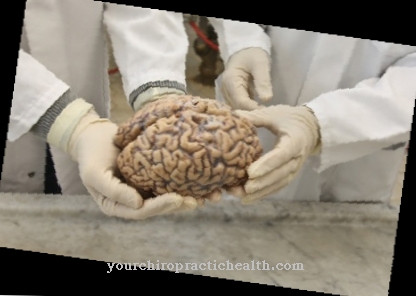


.jpg)







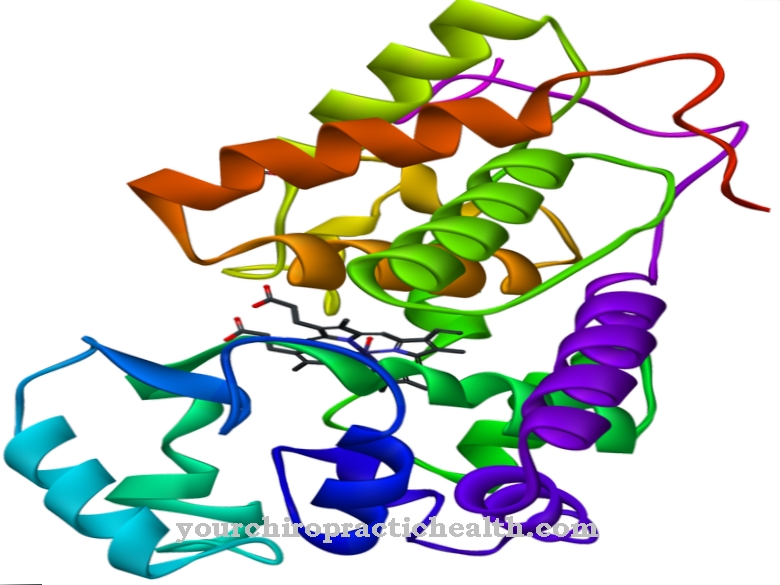

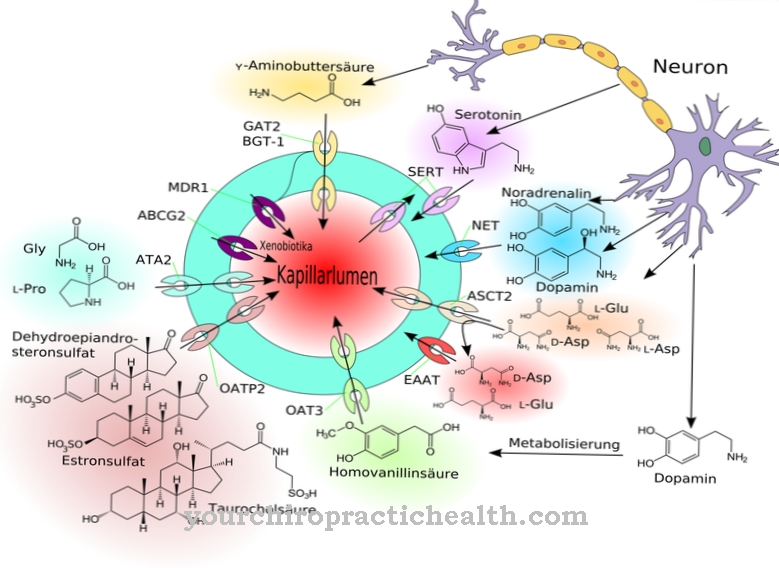
.jpg)
.jpg)



.jpg)
